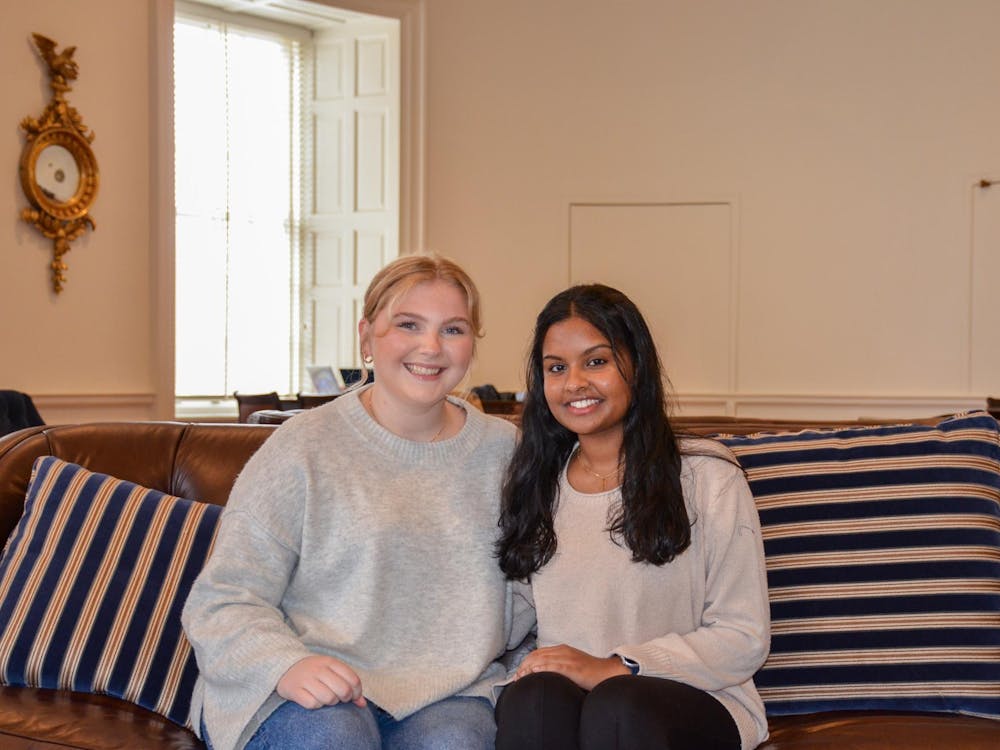The question that steadily arises amid Pakistan's tortured political culture is whether the country will manage to retain all five of its provinces. With previous provincial differences and rising civil unrest, the recent events that shook Pakistan to its core only added to its desire to divide. This division has brought with it not only political turmoil, but emotional turmoil for citizens of Pakistan. My story is from the front lines of the tragedy.
I was born in Pakistan, brought up in the beautiful country where political unrest never ceased to exist. I was 19 years old when I witnessed a historical event that threw my country into chaos: Dec. 27, 2007, only two days after I arrived home from college for Winter Break, Pakistan's twice-former Prime Minister Benazir Bhutto was fatally attacked.
Bhutto represented the country's largest elected party, the Pakistan People's Party, and the attack on her left thousands of her supporters in great distress. In a country where most are illiterate, it was inevitable that violence would break out as an expression of grief, scorn and rage toward those who committed this tragic act. I was unable to leave my house for three days; all my plans for attending weddings, parties and meetings with my friends were cancelled. There was simply no chance for me to step out of the house and onto the roads. The masses were burning down cars and banks, committing robberies and causing utter disorder; the country was consumed by violent bedlam.
As I sat at home, I thought about my country's situation. It was obvious this assassination would further enhance animosity toward the president of the country, Pervez Musharraf, who was receiving less and less support from the population. I also knew fingers would be pointed to blame religious fundamentalist parties and the military as well, although it seemed unlikely that the true culprit would ever be identified.
As the upcoming elections grow near, Pakistani people fear another round of unjust and manipulated results. Furthermore, with the assassination and suicide bomb blast, which took place in Lahore, killing 22 people, some people fear there will be more blasts taking civilian lives. Many major roads have been blocked and many ceremonial affairs have been postponed. Day-to-day living has been enormously affected; driving on my own to Liberty Market to buy clothes has become an ordeal in itself; permission issues are on the rise; and staying out late at night has become prohibited.
I ask myself: What has become of my Pakistan? What happened to the days my mum often recalls, when she and her friends would cross over the walls of her college and sneak out to get a "thanda" (cold drink) and roam the streets of Lahore aimlessly, fearlessly. What happened to the secure city of Lahore where I spent hour after hour walking through the winding and narrow streets of Main Market as I waited for the tailor to finish stitching my clothes?
The power goes out every hour for 30 minutes or more, and my cook complains of power shortages that last for 48 hours. My gardener weeps over the high cost of purchasing food, and the sweeper complains of the incessant need for money. Recently her son had an accident, and she was compelled to forgo food for a day to pay his hospital expenses. More than 90 percent of the population faces hardships such as these.
Watching people nearby undergo such excruciating pain provokes one to feel, to think and to hope. Even though my country lies in the hands of a former military leader, elections have been postponed, another political leader has been lost and water, power and food are steadily decreasing, I cannot help but believe in better days, for I know the people of this nation are made of too much substance to watch their country drown before their eyes. When asked for my opinion as to who should lead the country, I am uneasy; at this point, there is no leader in sight who could lead the country steadily. What I am sure of is that Pakistan cannot fall into the hands of the Islamic fundamentalists, it cannot be controlled by the military and another leading nation cannot turn our president into a puppet. I am sure democracy will surface as recent exposure and awareness among the people can only lead to a better solution. The ever-increasing number of strikes and protests -- comprised of well-to-do lawyers screaming on the roads and teenagers giving conferences and speeches -- can only pave a path to some level of certainty.
My prayers are with those who are taking part in the upcoming election and with the supporters of political parties, for when each of these attacks are made, lives are lost and with these lives, families are broken. It is time for the people of Pakistan to take a step forward and not accept just any solution, but the only solution: democracy.





